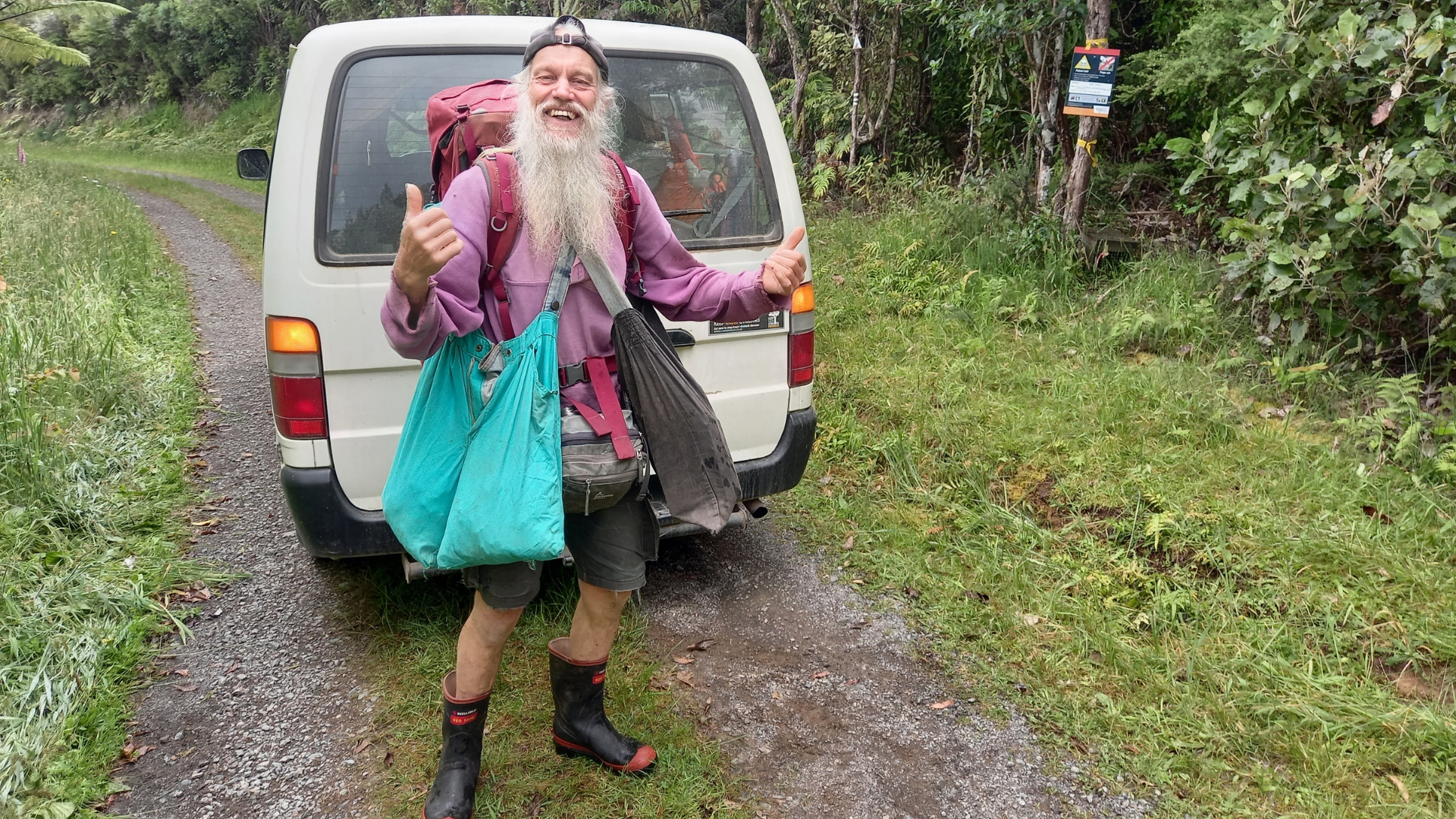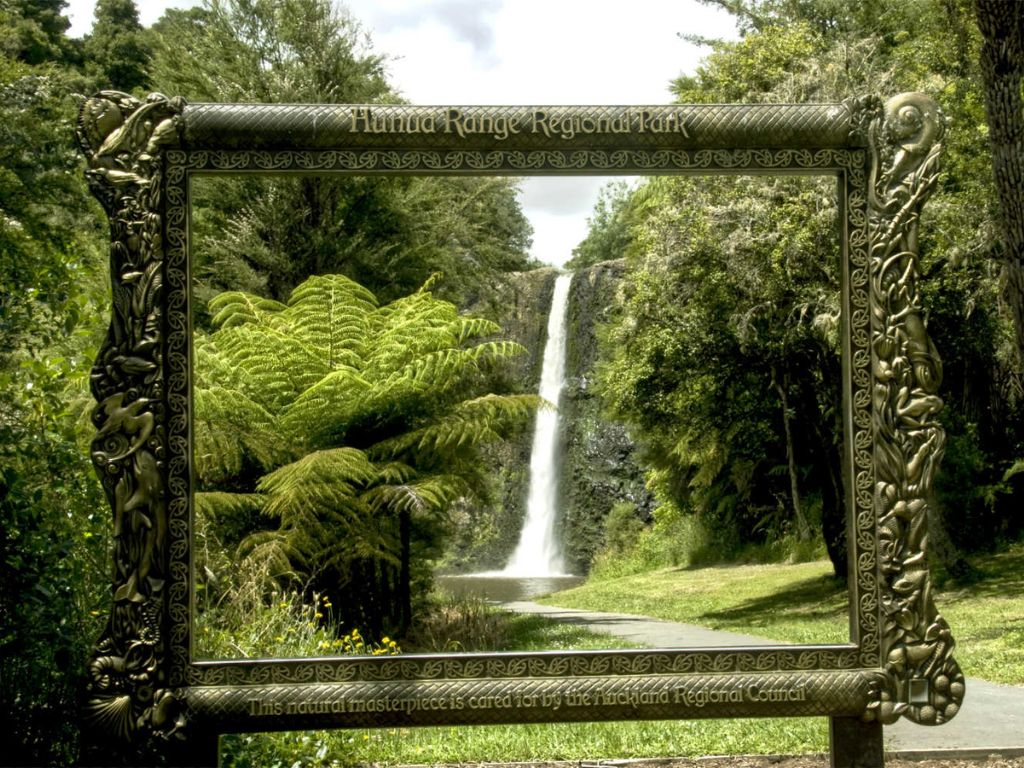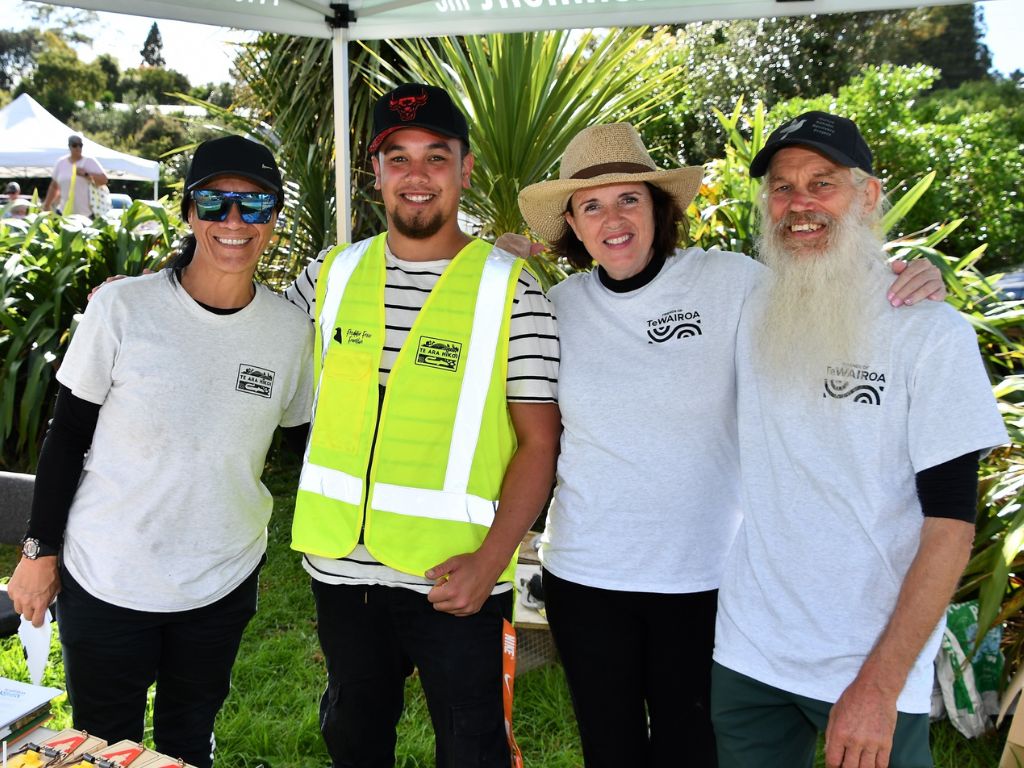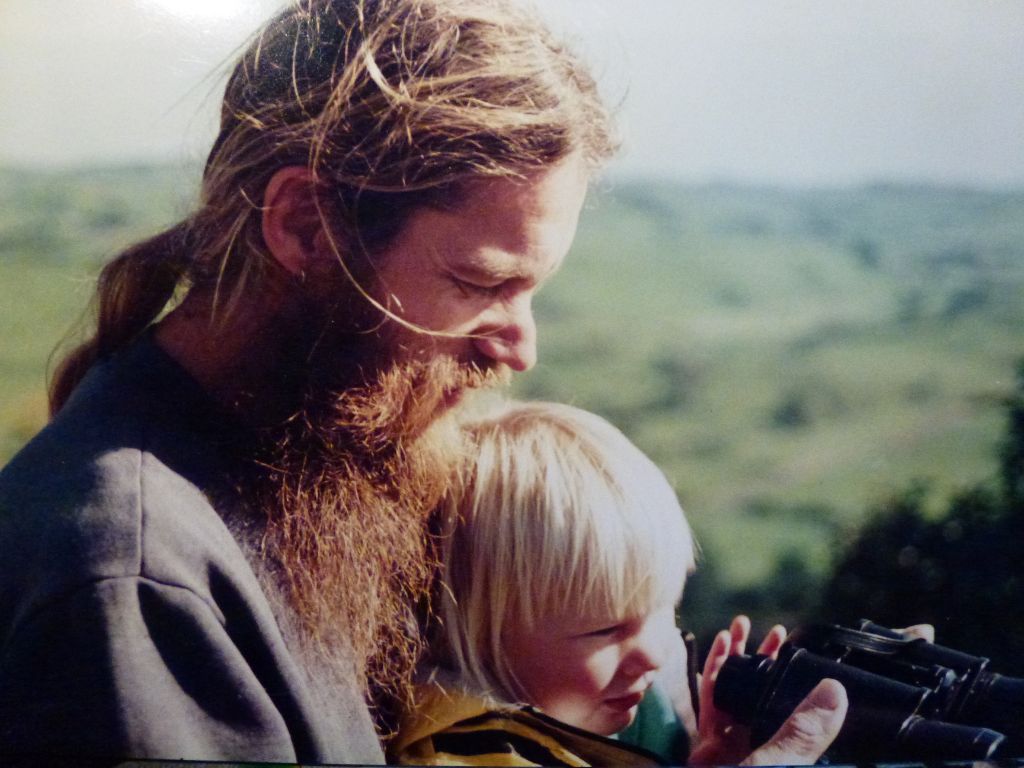Threatened species benefit from the adventures of this nature legend, who’d much rather be out in the field than interviewed. We discover what keeps the inner passion burning in the tireless Willow van Heugten.

Willow van Heugten is a hard man to pin down.
A self-described “hands-on and practical guy”, he’d much prefer to be outdoors than reflect on his legacy of predator control.
“Right now, on my day off, I could be picking up some predator bodies that are waiting for me, and I could be sourcing DNA sample tubes as I’m running out of them,” he says, prefacing our interview.
Willow’s life is one of unsung dedication to our native wildlife and the fight against predators, particularly protecting the kōkako in Auckland’s Hūnua Ranges over the past 16 years.
Protecting nature isn’t work or a hobby to him but a lifelong passion.
Around 2008, Willow first answered the call to volunteer for Hūnua Habitat to help with pest control in the area. The timing was perfect. As an at-home dad with two small children, the work was close to home and during school hours.
Already experienced trapping possums on his family’s 28-acre property, this was where he started more “serious pest control”. From there, he jumped on more opportunities to give back to nature.

Whether kauri dieback prevention, predator control and monitoring, baitline maintenance, coordinating volunteer teams, or giving “sermons” to anyone interested enough to listen, Willow’s done it all.
“I didn’t seek any type of career, but I’ve loved every moment of my journey,” Willow recalls fondly.
Lifelong lessons from the Netherlands
It’s a conservation journey with humble beginnings, starting in a small village in the Netherlands near De Groote Peel National Park.
Willow’s early years were immersed in the wonders of the natural world, which provided lifelong lessons and an appreciation for nature’s delicate balance.
As a child, Willow vividly remembers finding an injured Dutch woodpigeon and bringing it home. He asked his father what could be done to save it.
The response was profound and a lesson that’s stuck with him ever since.
‘We have to be cruel to be kind,’ his father explained, ‘This way the poor animal isn’t suffering any longer.’
Regular encounters with deer, rabbits, many species of birds, bats, frogs, and insect-eating plants, and countless hours in Europe’s mountains, rivers, and gorges would prepare Willow well for life in New Zealand.
A fateful encounter

Little did he know, but a chance encounter while travelling in New Zealand in 1985 would be the seedling of Willow’s deep appreciation of Aotearoa’s native trees.
“I got picked up by Tim [Wyn-Harris] while hitchhiking. He’d just bought 850 acres of virgin and regenerating bush-clad hills near Tairua and wanted to establish a retreat centre.”
Willow spent the next few months living first in a tent and then in an unfinished log cabin, helping to build the Te Moata Retreat Centre, which is now home to 200 species of endangered plants, wetlands, birds, and reptiles.
“It was like being in paradise to me,” he says.
After falling deeper in love with New Zealand over several more visits, Willow and partner Marleen eventually settled in 1992 on the 28-acre property in Hūnua they still call home.
The pair raised their daughters, Lenny and Melle, with the same values they learned in the Netherlands.
“There is nothing but appreciation for life. We live on this planet; it feeds us. We, therefore, need to look after it for future generations waiting in the queue.”
As kids, Lenny and Melle helped with trapping, raised lambs and goats, looked after birds, grew their own seedlings, and learned to be resourceful with what they had.
Generations of giving back
Both now contribute in their own ways to protecting the environment and wildlife. Lenny works at Auckland’s Botanical Gardens, is the predator control coordinator for Friends of Te Wairoa, and recently wrote a book documenting the rich history of Kōkako recovery efforts in the Hūnua Ranges. Melle is passionate about waste reduction and recycling and volunteers in pest control.
Marleen also runs the DOC-certified Hūnua Bird Life rescue centre on top of her day job as a clinical psychologist.
Willow believes every generation needs its “eco and nature warriors” who are willing to protect the environment from constant threats and changes.
“I’m happy both our girls have taken up the baton.”

“I’m immensely proud of what they give back to our planet, just for the fact they can be on it,” he says.
He’s even prouder, though, that his family, like many others working in conservation, just gets stuck in and does the work because it needs to be done.
At this point, the call of Willow’s to-do list gets louder.
“I need to stretch the legs, waterblast a roof, and pick up those animals for DNA samples,” he says.
The following day, he’s looking after a group of volunteers.
“I’m looking forward to getting back to the bush and hearing those kōkako and tūī!”

